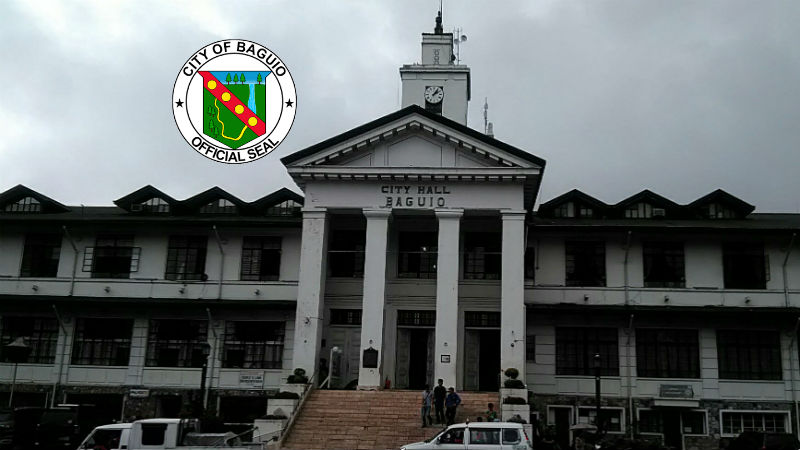As she did in response to previous emergency calls, a retired university professor of anthropology last Christmas deposited P5,000 with the dialysis nurses of the Baguio General Hospital for a kidney patient who almost died for skipping his hemodialysis treatment due to fund lack.
“She came and said the amount was for patient Bryan Kelley Becaca, but, as in her previous visits here, declined to be identified, saying she just wanted to help,” nurse Joyce Bayasen said.
A seller of second-hand books also contributed P2,200, the price of one treatment, while Senator Paolo Benigno Aquino shouldered two sessions.
These responses provided respite for the boy’s family, giving them lead time to figure out how to sustain his thrice-a-week blood-cleansing session that has to be maintained for a life-time.
“As we had long been squeezed dry, Bryan had to skip two treatment sessions, giving rise to complications, forcing us to have him confined and for hospital to have him undergo emergency dialysis,” Claudia, explained Claudia, the patient’s mother.
Bryan is the sixth and only boy among seven children of a laborer in Luneta Loacan, Itogon, Benguet. The boy had dreamt of becoming an architect but his plan was shattered in June, 2014 when doctors diagnosed him for end-stage renal failure.
While he was undergoing dialysis that also helped clear his lungs of liquid that accumulated, the boy’s sister had to help him breathe with an ambu-bag.
Given the fact that dialysis has to be for a life-time, Becaca’s near-death experience is being repeated again and again throughout the country as patients and their families are eventually drained dry by the financial burden of continuous treatment.
This grim reality had led Baguio patients, with support from mayor Mauricio Domogan and the city council, through councilor Peter Fianza, to successfully request Philhealth, the country’s medical insurance, to increase its subsidy equivalent to 45 free dialysis sessions to 90 sessions per year.
The 90 sessions-per-year arrangement, however, is reduced when the patient gets hospitalized, with each day of confinement deducted from the annual allocation.
As patients wait for the new year, when their 90-day annual allocation is renewed, the Baguio Correspondents and Broadcasters Club, the local association of journalists and the Philipine Information Agency is launching this January a signature campaign to make dialysis a free medical service.
The move is towards, once and for all, freeing patients and their families from the constant burden of where to source payment for the next dialysis treatment that, more often than not, comes two or three times a week and for a lifetime.
“Dialysis is being given free of charge in the United States because it is a life-saving emergency procedure,” noted a U.S. based Filipino physician.
Meanwhile, people who can help in this season of sharing may call Bryan’s cellphone: 09466603344. They may get in touch with him or the hospital dialysis staff during his treatment schedule at 11 a.m on Mondays and Fridays at the B/Brown Dialysis Center fronting the Baguio General Hospital and at 11 a.m on Wednesdays at the BGHMC.
By Ramon Dacawi














